Prevention Methods
There are everyday practices which we can all employ to prevent contracting and spreading pneumonia.
Click on each image to explore how we can protect each other and ultimately protect our heroes.
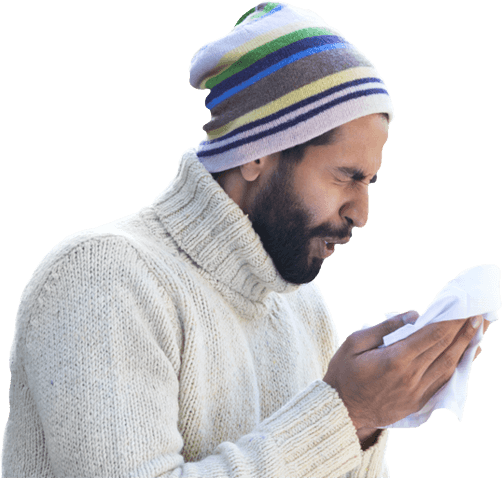
Ensuring good standards of hygiene will help prevent germs spreading. For example, you should:1,2
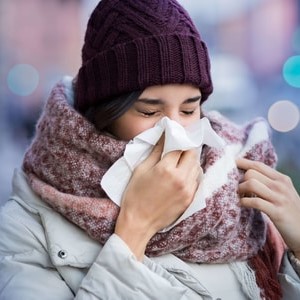
Cover your mouth
and nose with a
tissue when you
sneeze or cough
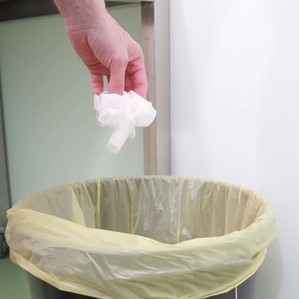
Throw away
used tissues
immediately – germs
can live for several
hours after they
leave your nose
or mouth
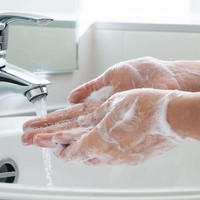
Wash your hands
regularly to avoid
transferring germs
to other people
or objects

A healthy
lifestyle can
prevent pneumonia,
e.g., you should avoid
smoking as it damages
your lungs and
increases the chance
of infection

Avoid excessive
and prolonged
alcohol misuse. This
weakens your lungs’
natural defences against
infections, making you
more vulnerable
to pneumonia
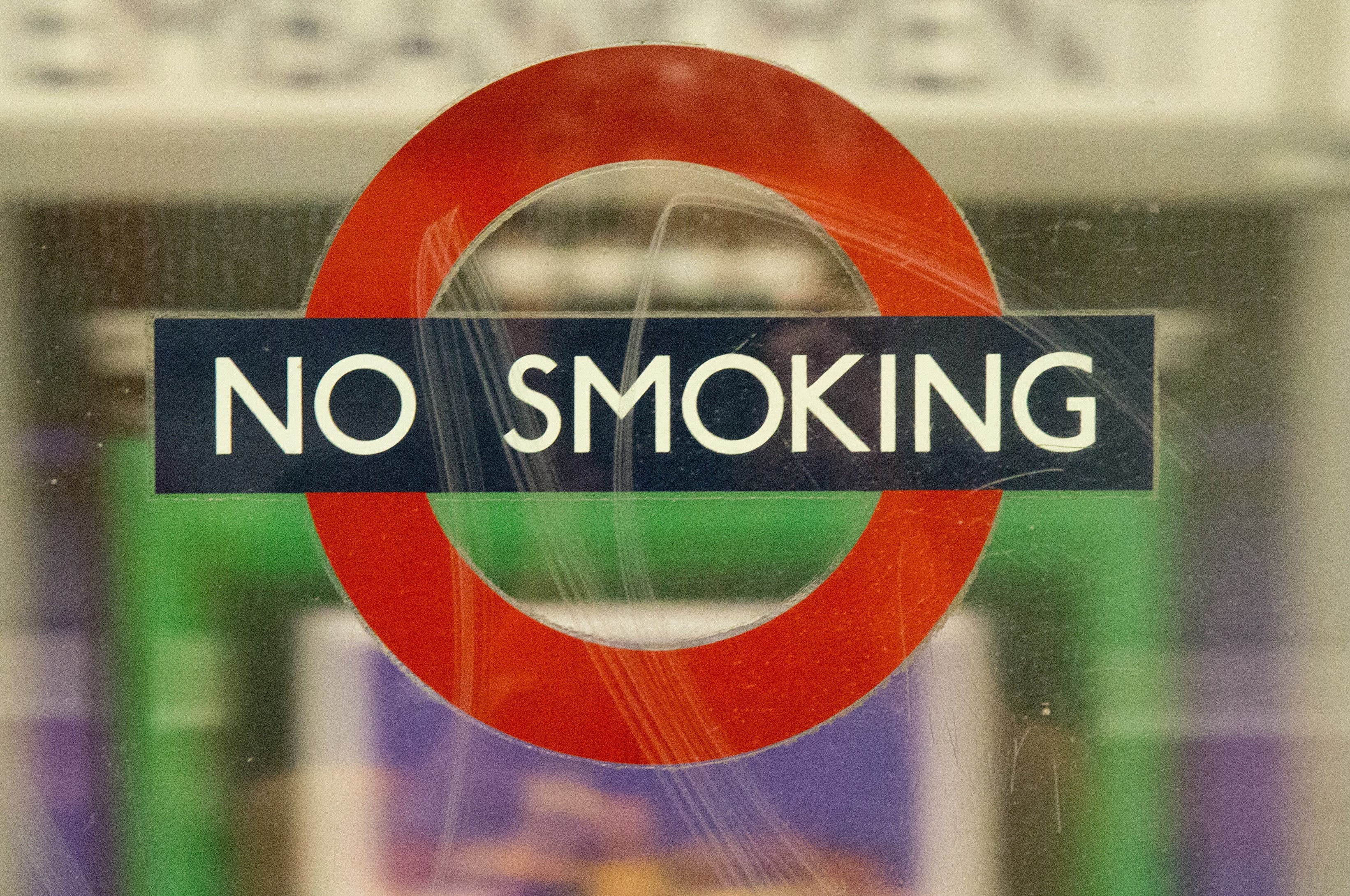
Smoking
cessation
reduces the risk
of developing
serious complications
such as respiratory
infections and
pneumonia

